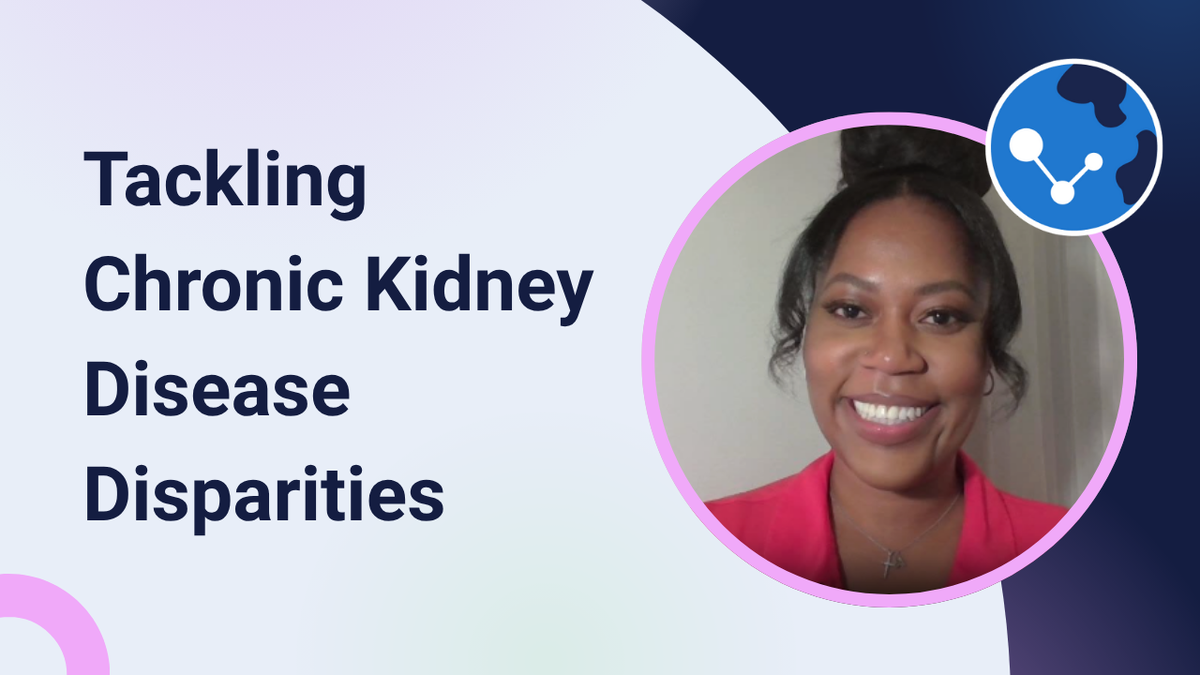Innovating Kidney Care: The University of Chicago's Approach

This significant research addresses a critical disparity in healthcare. African American individuals are disproportionately affected by CKD, facing a higher likelihood of diagnosis and progression to end-stage renal disease (ESRD). Despite this increased risk, they often receive less personalized education to effectively manage their condition. Recognizing this gap, the University of Chicago team developed a culturally tailored, computer-based tool called ICCKD (Interactive Computer Adaptive Chronic Kidney Disease Education).
The ICCKD tool is designed to be interactive and adapt to each patient's individual needs, ensuring a more relevant and impactful educational experience. The decision to test this tool in a hospital setting is strategic, as it offers a crucial opportunity to educate patients, foster stronger communication with their healthcare providers, and provide vital support before they return home.
The objectives of this research are clear and compelling: to enhance CKD knowledge among patients, empower them to actively engage in their own health management, reduce hospital readmissions related to CKD, and ultimately, to diminish racial health disparities in CKD care.
The choice to publish the protocol in JMIR Research Protocols, a leading journal in digital health and innovation, underscores the team's commitment to transparency and the broad dissemination of their scientific approach. This publication allows the wider research community to learn from and build upon their innovative methodology for advancing kidney healthcare.
This research represents a vital step towards more equitable and effective CKD management. To delve deeper into the specifics of this important work, readers are encouraged to watch the full video featuring Akilah and explore the published scientific research article in JMIR Research Protocols. Understanding these innovative approaches is crucial for anyone interested in improving patient outcomes and addressing health disparities.
Subscribe Now


-1.png)